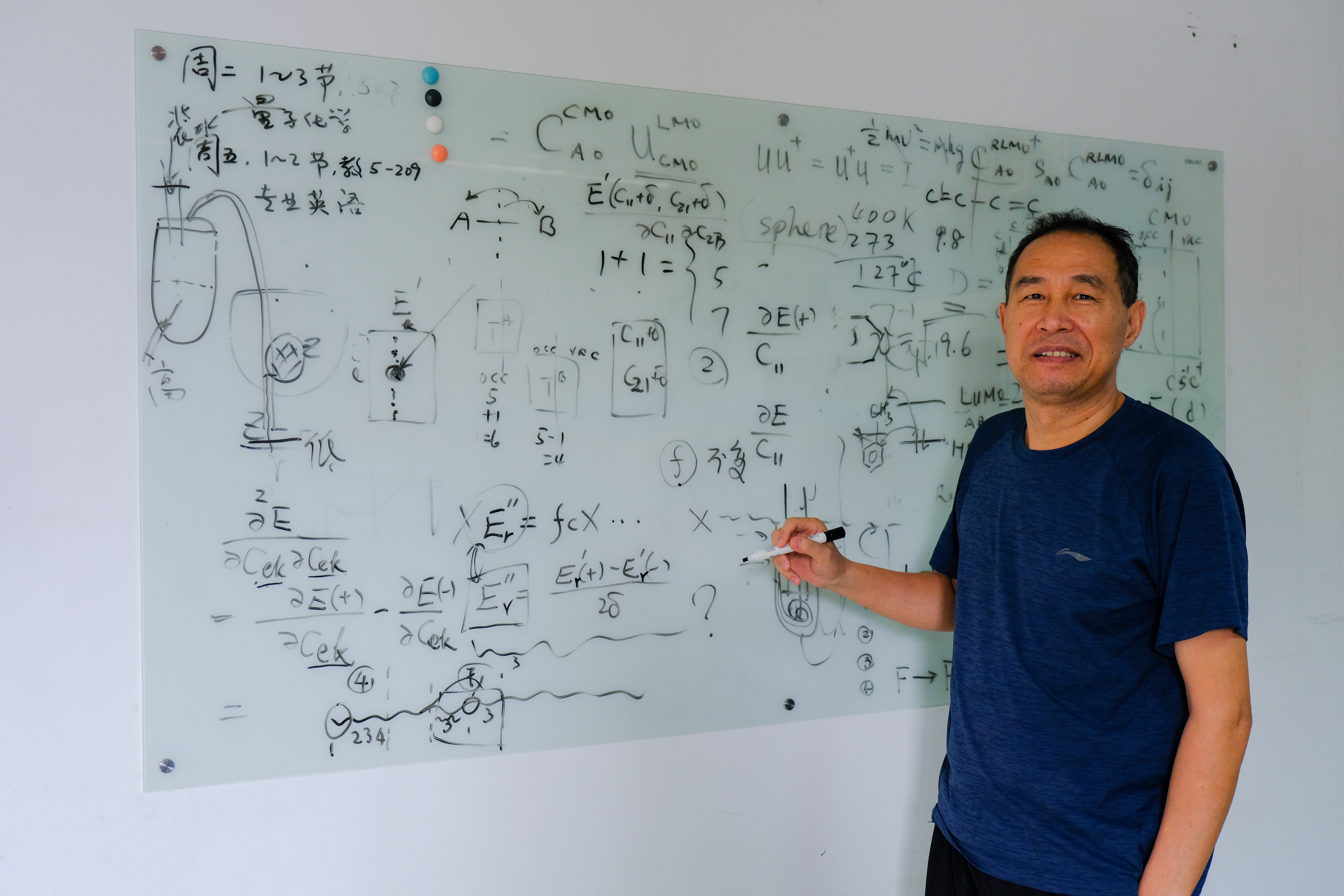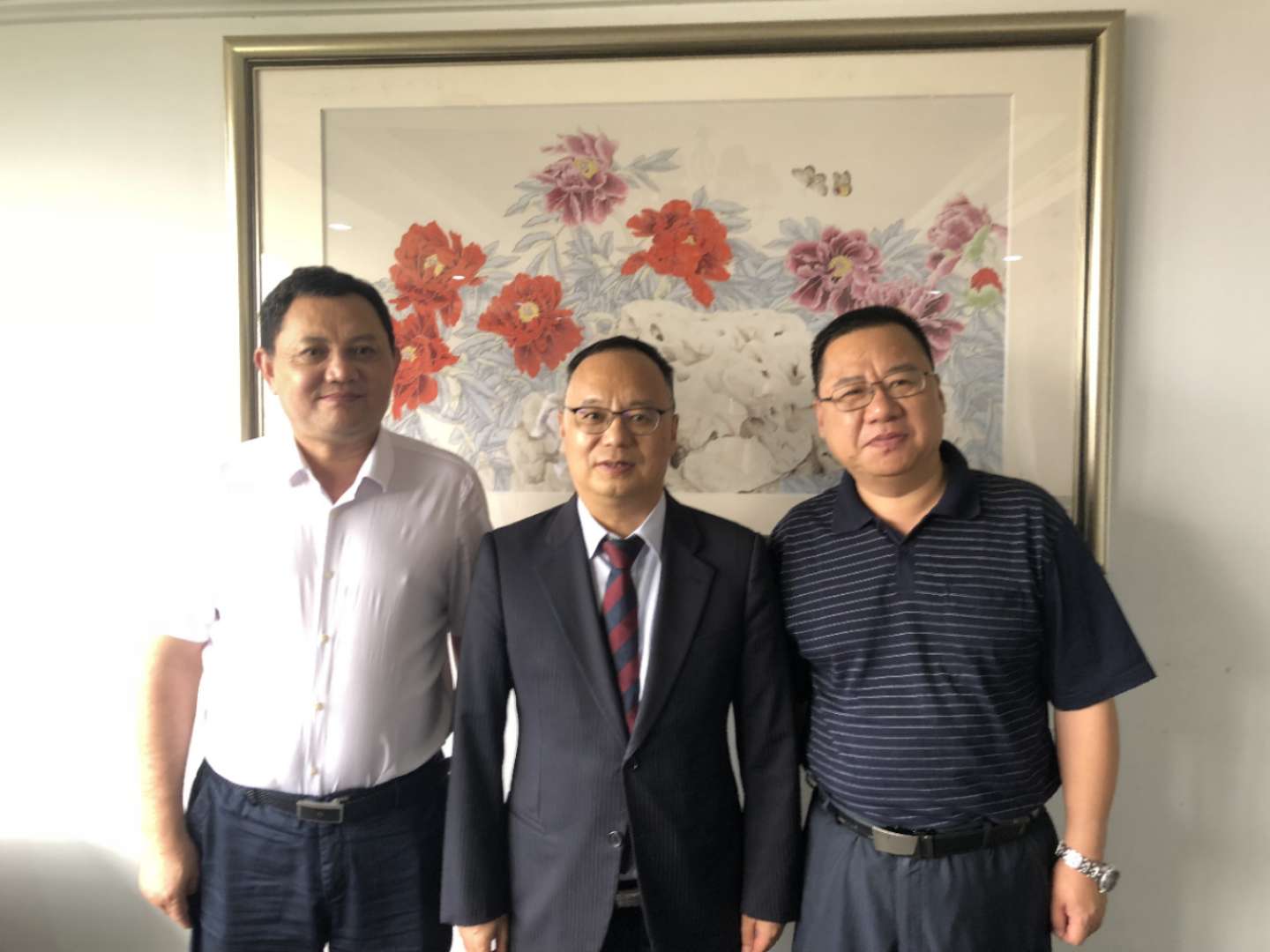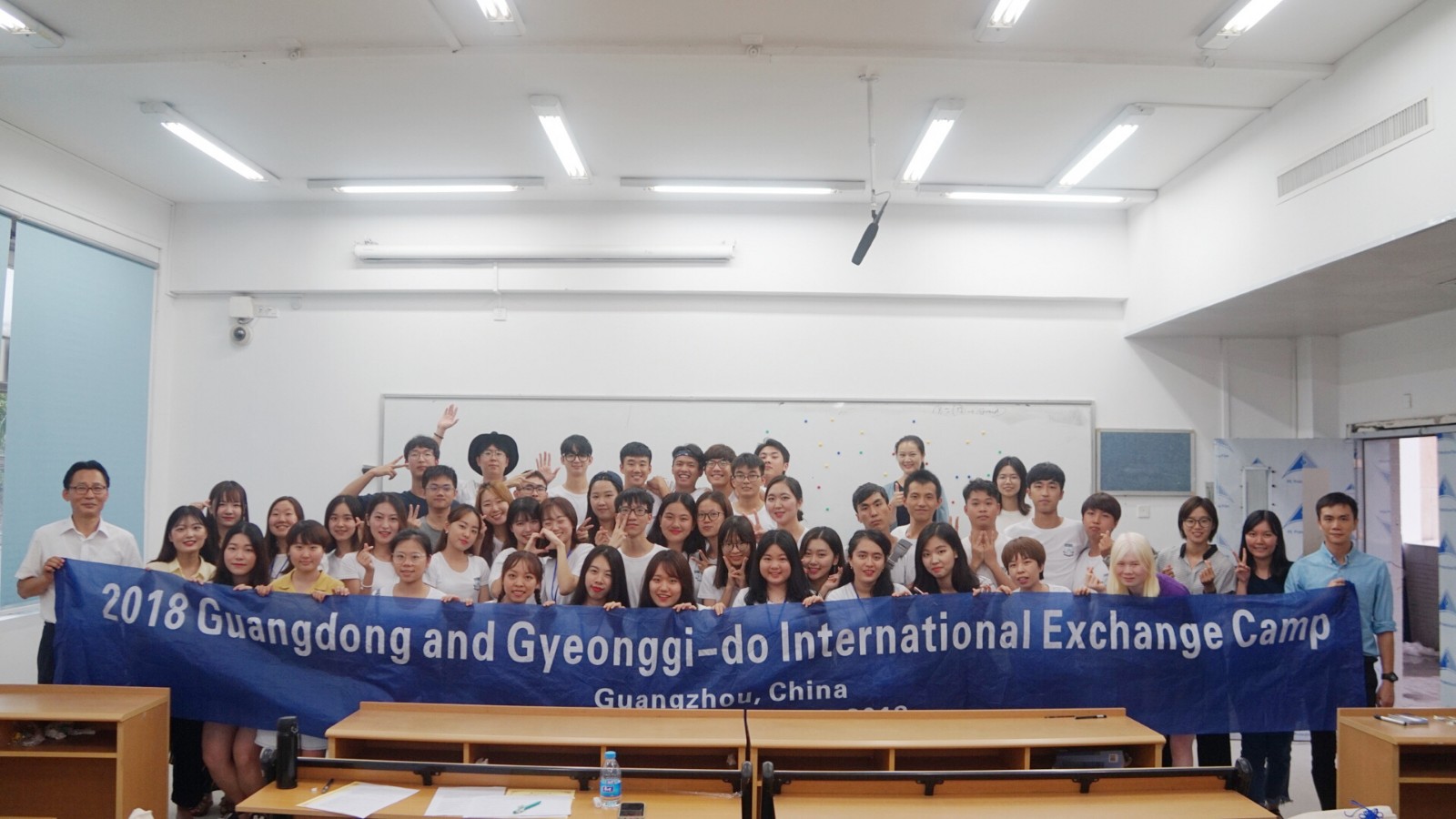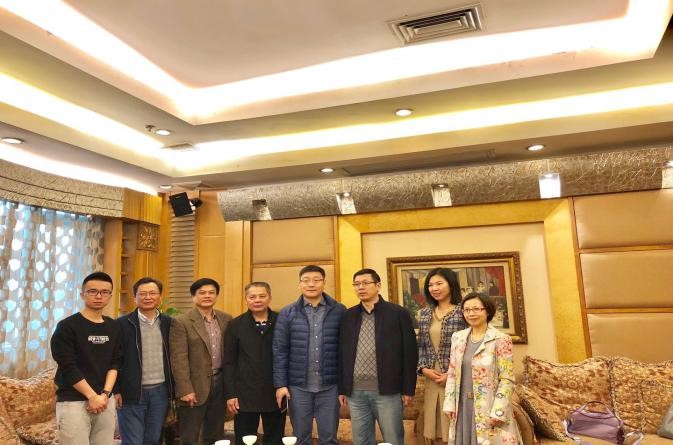
Likes
Gu Fenglong, professor of the School of Environment of SCNU, was elected foreign full member of the Russian Academy of Natural Sciences, which commends his great contribution in the field of theoretical calculation, according to the recent congratulatory letter from the Russian Academy of Natural Sciences.
Academician of the Russian Academy of Natural Sciences is the highest academic title and the highest honorary title in the Russian scientific community. This honor is a symbol of Professor Gu's brilliant achievements throughout years of scientific research.

Professor Gu's certificate from the Russian Academy of Natural Sciences.
Professor Gu's academic achievements mainly focus on the fundamental theory of polymer and nonlinear optical properties, research and computer simulation on the degradation mechanism of environmental pollutants, and the development and application of linear scaling program for super large systems.
With Professor Kirtman from the University of California Santa Barbara, and Professor Bishop from the University of Ottawa, Professor Gu proposed a set of theoretical methods, among which a linear scaling generalized elongation method is introduced to calculate nonlinear optical properties of large systems. The elongation method has become known as the KGB-method, which provides a strong theoretical basis for the understanding of the relationship between the structure and the optical properties of polymers.

Professor Gu is working on the theoretical methods.
The KGB-method has been extended to three-dimensional systems as a standard procedure for calculating nonlinear optical properties and was included as a commercial program of the famous CRYSTAL company. Gaussian, a well-known quantum chemistry software company, has also incorporated the KGB-method into its programs.
Professor Gu also attaches importance to combining theory with practice. He applies theoretical chemical calculation to the field of environmental science and has carried out innovative research on the degradation and transformation mechanism of chemical pollutants and environment functional materials.

Professor Gu writes his thoughts on the board.
Professor Gu, a member of the Committee on Theoretical Chemistry of the Chinese Chemical Society and distinguished professor of the Guangdong Province Universities and Colleges Pearl River Scholar Funded Scheme, now serves at SCNU as the director of the Key Laboratory of Theoretical Chemistry of Environment, Ministry of Education, the director of the Analysis & Testing Center, and the vice-director of the Academic Committee.
He once worked at the Friedrich-Alexander-Universität Erlangen-Nürnberg, the Catholic University of America, the University of California Santa Barbara, the University of Ottawa, Hiroshima University and Kyushu University, engaging in the research of theoretical chemistry and its environmental application. He has done a lot of original work in the calculation method and program development of theoretical chemistry.
The Russian Academy of Natural Sciences, founded in 1990 by a number of well-known Russian scholars and scientific research institutes, is the largest academy of sciences in Russia. The academy has 18 Nobel Prize winners among its faculty, more than 270 academicians of the Russian Academy of Sciences, more than 30 academicians of the Russian Academy of Medical Sciences and more than 20 academicians of other academies of sciences, including foreign academicians from 47 countries.
Source from the School of Environment
Translated by Yuan Yongshi
Proofread by Edwin Baak
Edited by Li Jianru, Long Yuchen
What to read next:










